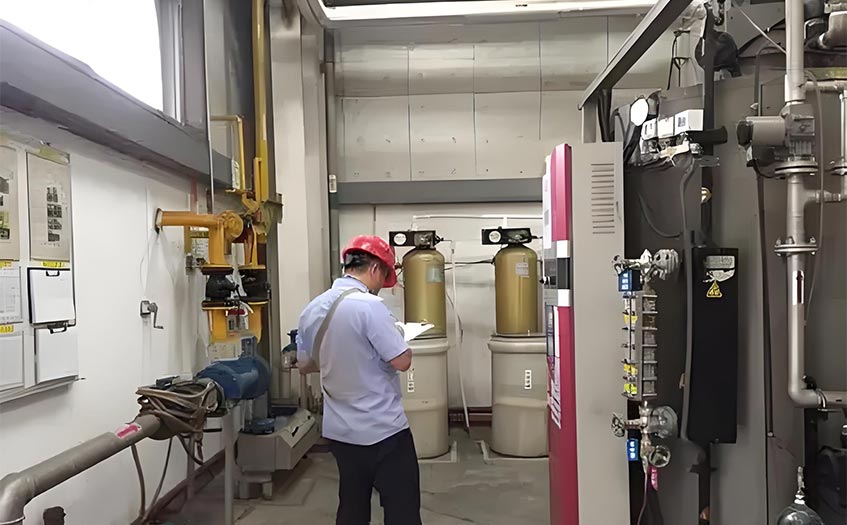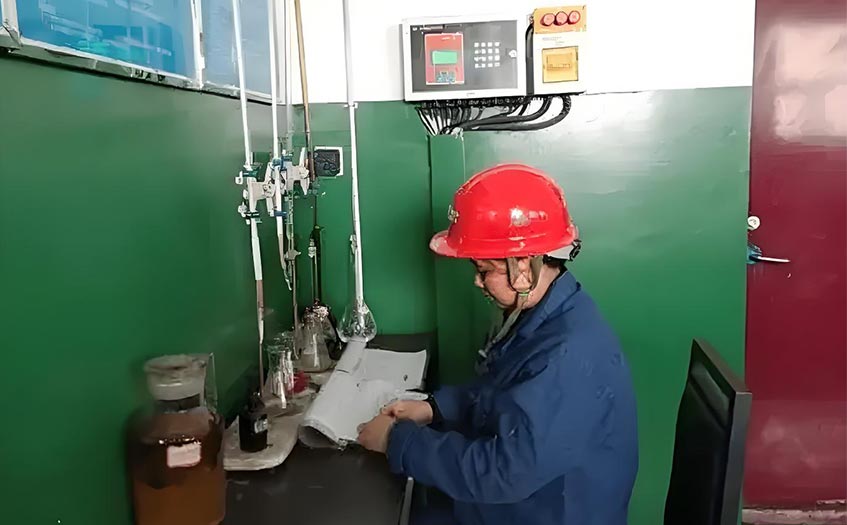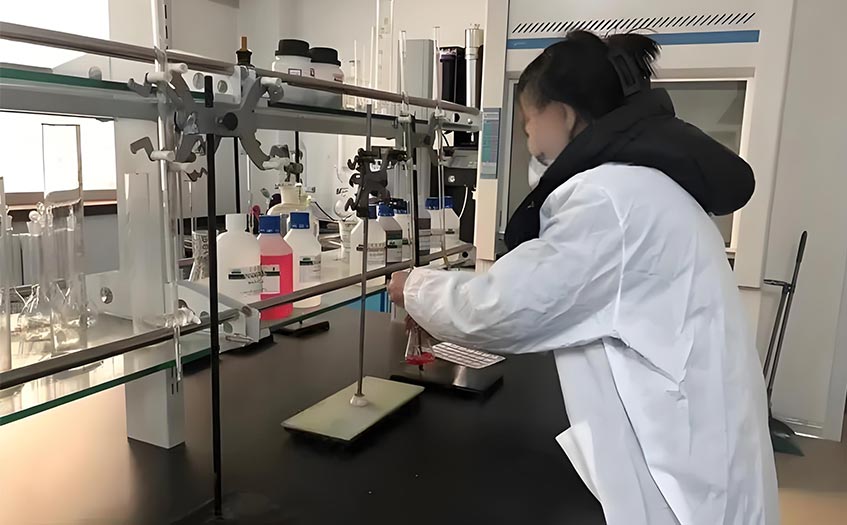The alkalinity of boiler water is an important indicator in boiler water quality management. Low or high alkalinity will have an adverse effect on the normal operation of the boiler. This article will discuss the treatment methods for low or high alkalinity of boiler water and analyze the reasons for high alkalinity.Erun Environmental Protection can provide boiler water alkalinity testing instruments and equipment, so that you can judge the alkalinity content in boiler water at any time and make adjustments for special situations. If you need detailed product information and quotations, you can consult the website customer service or call the contact number.

1.Check and improve the incoming water quality
Poor boiler inlet water quality is a common factor leading to low alkalinity. If the alkaline content in the inlet water is insufficient, the acidic substances generated inside the boiler cannot be neutralized in time, resulting in low alkalinity. Therefore, the inlet water quality should be checked regularly to ensure that it meets the boiler operation requirements. If water quality problems are found, timely measures should be taken to improve them, such as adding water treatment equipment or adjusting the water source.
2. Reasonable control of boiler operation
Improper boiler operation is also one of the reasons for low alkalinity. For example, excessive water supply to the boiler or not replenishing water for a long time will lead to water dilution and a decrease in the concentration of alkaline substances. Therefore, the water supply and replenishment frequency of the boiler should be reasonably controlled to ensure stable water quality. In addition, too high a water level or too low a pressure inside the boiler will also affect the water quality and should be checked and adjusted regularly.
3.Strengthen boiler maintenance
For new boilers or boilers that have not been used for a long time, they should be thoroughly chemically cleaned before use to avoid acid residues caused by incomplete cleaning or improper use of cleaning agents. At the same time, regular inspection and maintenance of the boiler is also very important. Through regular inspection, problems can be discovered and solved in time to avoid problems such as low alkalinity.
4.Add alkaline substances
Adding an appropriate amount of alkaline substances (such as sodium hydroxide, sodium carbonate, etc.) to boiler water can directly increase the alkalinity of boiler water. However, it should be noted that the amount added should be controlled within a reasonable range to avoid excessive amounts that may cause other problems.

1.Boiler overload operation: When the boiler is overloaded, the concentration rate increases, resulting in increased alkalinity.
2. Failure to discharge waste in a timely manner: If the boiler does not discharge waste in a timely manner or the amount of waste discharged is insufficient, the alkalinity in the boiler water will accumulate.
3. Improper control of the amount of chemicals added in boiler water treatment: When treating boiler water, if excessive amounts of phosphates and other chemicals are added, the alkalinity will increase.
4. Ammonia treatment: To prevent oxygen corrosion in boiler pipes, boiler water is sometimes treated with ammonia, which also increases the alkalinity of the water.
1.Strengthen the discharge of sewage: By strengthening the discharge of sewage from the boiler, especially the surface discharge, the alkalinity of boiler water can be effectively reduced. However, it is necessary to pay attention to the control of the discharge volume to avoid excessive heat loss.
2.Use alkalinity reducing agent: Add disodium hydrogen phosphate (NaHPO4) or sodium dihydrogen phosphate (NaH2PO4) and other alkalinity reducing agents to the boiler water to react with sodium hydroxide (NaOH) to reduce the alkalinity. At the same time, the generated trisodium phosphate can also play an anti-scaling role. However, it is necessary to control the dosage to avoid increasing the salt content of the boiler water.
3.Partial sodium ion exchange method: When the water supply pressure, water volume and water quality are stable, a partial sodium ion exchange system can be used. The sodium ion exchanger converts part of the hardness in the raw water into bicarbonate, which is mixed with the softened water entering the boiler. The alkali formed in the furnace reacts with the hardness salts to form water slag and is consumed, thereby reducing the alkalinity and hardness.

The alkalinity of boiler water is an important indicator in boiler water quality management and is crucial to the normal operation of the boiler. Low or high alkalinity will have an adverse effect on the boiler. Therefore, in daily operation, water quality should be checked regularly, operations should be reasonably controlled, maintenance should be strengthened, and corresponding treatment measures should be taken according to actual conditions to ensure that the alkalinity of boiler water is within a reasonable range. We provide the most professional instruments and equipment and after-sales, and you can contact customer service directly.